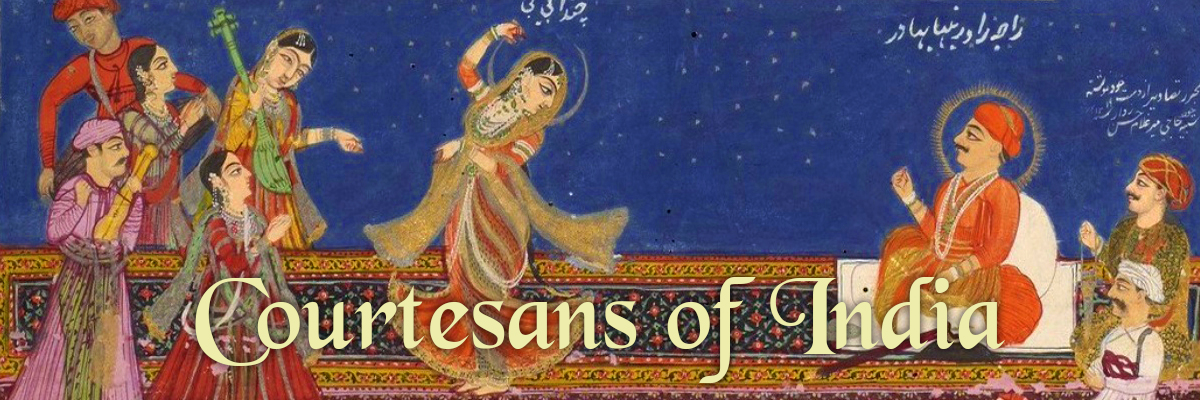Abstract
This essay examines eighteenth- and nineteenth-century inheritance laws in India in order to analyse the intersections between state power, heteronormative reproductivity and colonial structures of race. In particular, I focus on the case of Troup et al. v. East India Company, which involves the estate of Begum Sumroo, one of the wealthiest women in colonial India. I explore the ways in which the normativization of western notions of inheritance, allied with reproductive heterosexuality, worked to undergird the racialized expansion of Empire. I argue that, by law, inheritance and gain came to be reinforced as heteronormative (in its definition, procreative) and patriarchal virtues under colonial rule. Begum Sumroo’s place within this legal scheme poses serious challenges to the logic of colonial inheritance. I use the Begum’s case to expose the mechanisms through which, in order for colonial rule to take effect, sexual normativity was heightened to secure the goals of territorial expansion, thus yoking the notion of private property to various controls over bodily and sexual privacy. I read the Sumroo case as an instance of counter-colonial juridical claims to inheritance and possession that in their violent suppressions reveal the brutality of British power and the illogic – racial and sexual – of early colonial governance.
